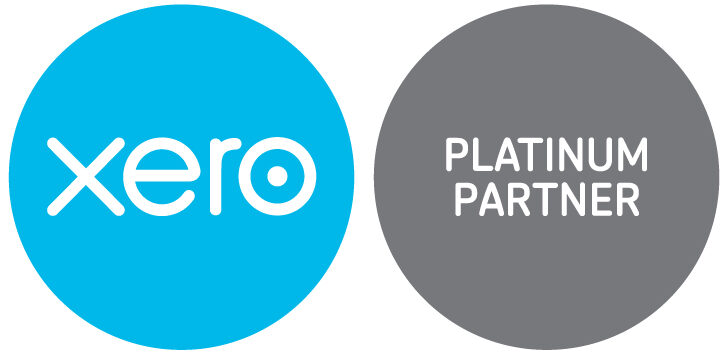This week’s announcement that there will be no budget this Autumn has been followed by The Chancellor announcing extensions to existing support packages and introducing new packages in his Winter Economy Plan. Packages announced include a new Job Support Scheme, further grants for the self-employed, a deferral of VAT and self-assessment tax payments and extensions to the coronavirus loan schemes allowing you to ‘pay as you grow’.
Job Support Scheme
With the furlough scheme ending at the end of October a new Job Support Scheme (“JSS”) has been announced to help support business retain employees in viable jobs. The scheme will see the government contribute up to a maximum of 22% of an employee’s salary. To be eligible for the scheme an employee must work at least 33% of their normal hours. The hours worked by the employee must be paid in full be the employer. Two thirds of the hours not worked will then be paid equally by the employer and the government with the remaining third being unpaid. An employee working 33% of their normal hours would therefore receive 77% of their normal income.
The cost to the employer is therefore payment for the hours worked plus 1/3rd of the hours not worked, the governments cost is 1/3 of the hours not worked. The level of grant will be calculated based on employee’s usual salary, with the government contribution capped at £697.92 per month.
The scheme will run for 6 months commencing on 1st November and will be available to all small and medium sized businesses. An employer can access this scheme even if they didn’t previously access the furlough scheme. Large companies must show that their turnover has fallen as a result of COVID-19 before they will be able to take advantage of the scheme.
Self Employed Income Support grant
An extension has also been announced to provide an additional grant to the self-employed, The self-employment income support grant will be limited to self-employed individuals who are currently eligible for the SEISS and are actively continuing to trade but are facing reduced demand due to COVID-19.
The extension will provide two grants and will last for six months from November 2020 to April 2021. Grants will be paid in two lump sum instalments each covering a three-month period. The first grant will cover 3 months’ worth of profits from the start of November until the end of January. It will be worth 20% of average monthly profits and will capped at £1,875 in total.
VAT reduction extended until March for the travel and hospitality sector
The government have confirmed that it will extend the temporary 15% VAT cut for the tourism and hospitality sectors to the end of March next year. VAT for this sector will therefore remain at 5% until the end of March 2021
A payment extension for Deferred VAT
Businesses that deferred their VAT bills that fell due between March and June 2020 will be given a payment extension through a new payment scheme. This scheme will give businesses the option to pay back their deferred liability in smaller instalments rather than in one hit next March. Initially the deferred VAT was repayable at the end of March 2021, businesses will now be able to make 11 smaller interest-free payments during the 2021-22 financial year.
Extension to due date of Self-Assessment payments
The Chancellor has announced a separate additional 12-month extension for personal tax payments that fall due on 31st January 2021. In March of this year it was announced that the July payments on account could be deferred until January 2021. Payments deferred from July 2020, and those due in January 2021, will now not need to be paid until January 2022. Full details have not yet been released but the deferral will be available to anyone who has a liability of up to £30,000 due on 31st January 2021.
Giving businesses flexibility to pay back loans
The burden will be lifted on more than a million businesses who took out a Bounce Back Loan through a new Pay as You Grow flexible repayment system. This will provide flexibility for firms repaying a Bounce Back Loan.
The announcement includes extending the length of the loan from 6 to 10 years and Interest-only periods and payment holidays of up to six months being made available to businesses if they are struggling to meet repayments.
Coronavirus Business Interruption Loan Scheme lenders will also be given the ability to extend the length of loans from a maximum of 6 years to 10 years if it will help businesses to repay the loan.
In addition, the Chancellor also announced he would be extending the deadline for applications for the government’s coronavirus loan schemes until the end of November. As a result, businesses will now be able to benefit from the Coronavirus Business Interruption Loan Scheme, the Coronavirus Large Business Interruption Loan Scheme, the Bounce Back Loan Scheme and the Future Fund until the end of November. A successor scheme will be announced in January.
If you have any questions on any of the measures announced above then please do not hesitate to contact your usual RPG contact.







 Production
Production